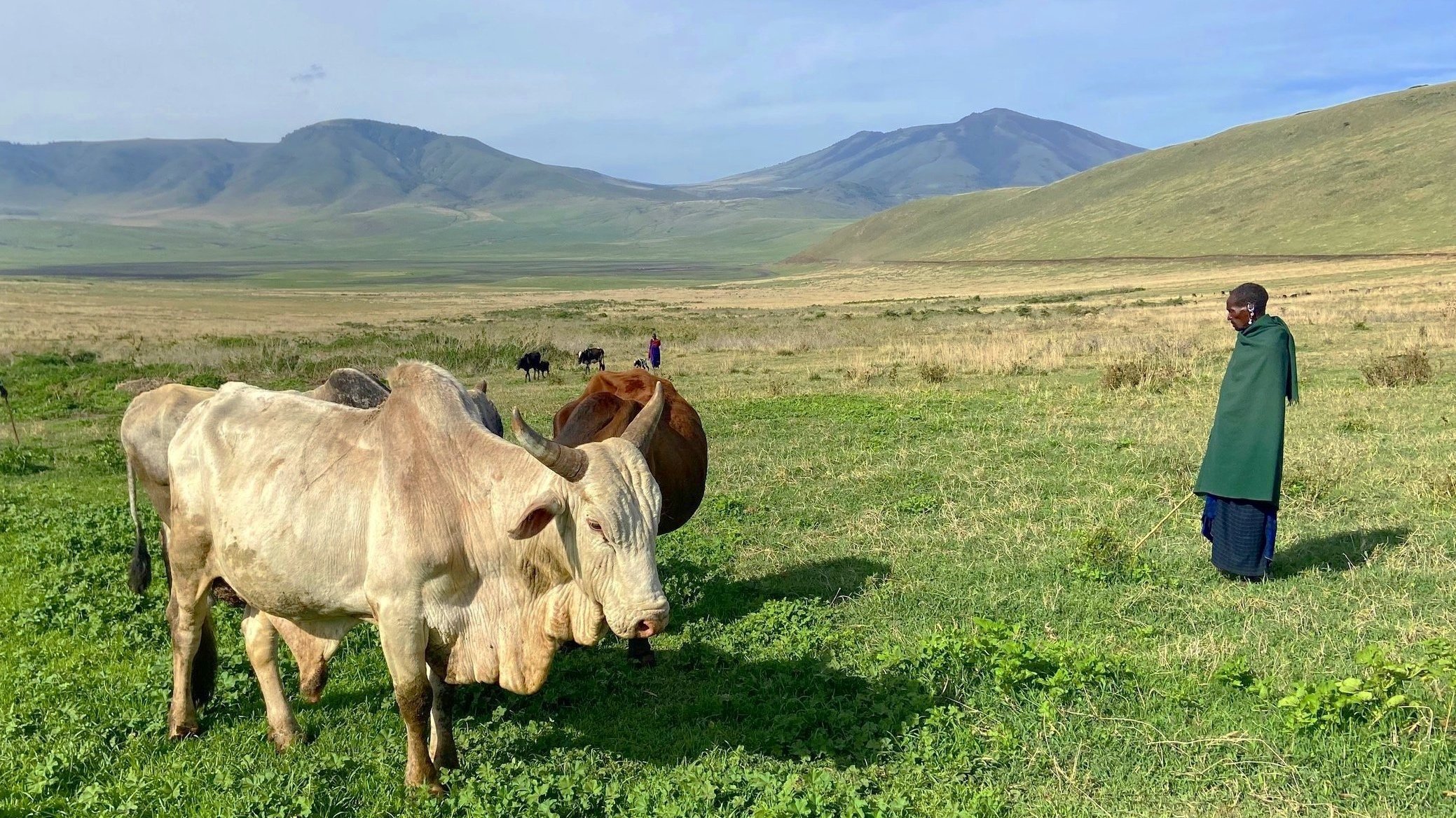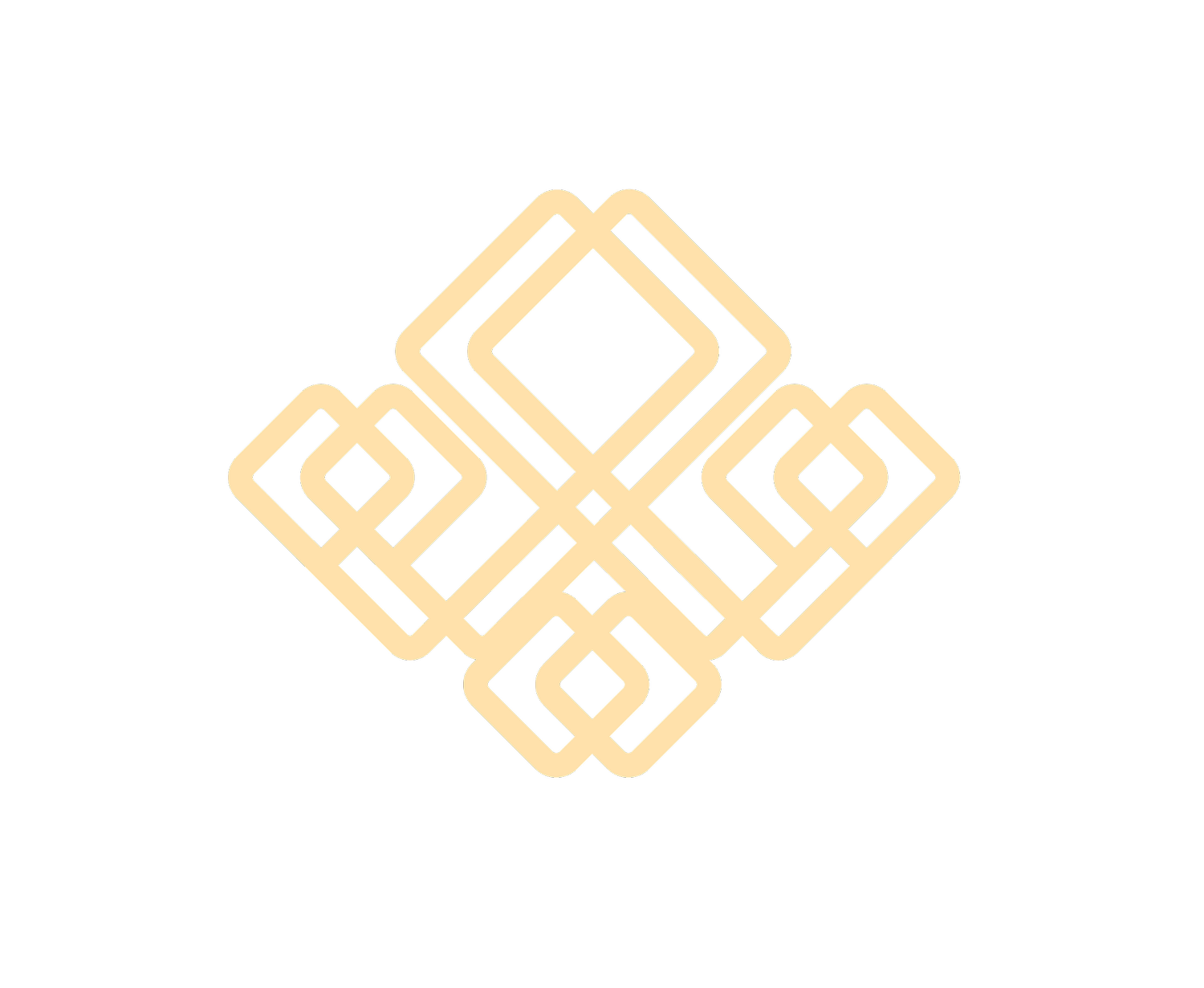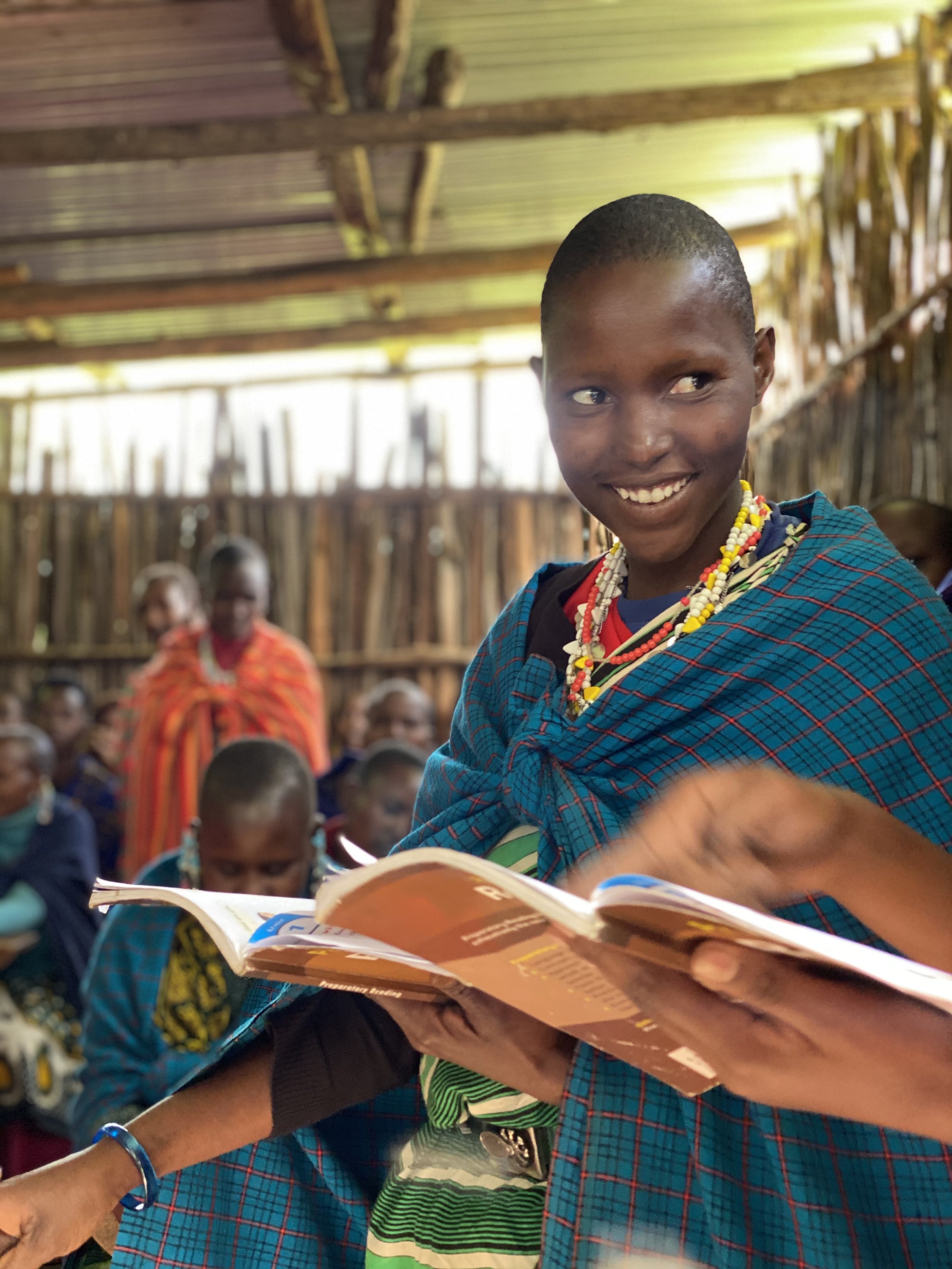
BASIC. HUMAN. RIGHTS.
ART EXHiBITION
ART EXHiBITION
Our exhibition explored the complex relationship between fame, anonymity, and representation in the context of African culture, specifically the Maasai people. The exhibition highlighting the Maasai people's fashion, culture, and art while also examining how anonymity can allow cultural heritage and traditions to survive unadulterated while enabling other societies to benefit from cultural appropriation and misrepresentation through systems and power structures built around fame and visibility.
Maasai Water Project works to protect the basic human rights to Health, Education, Culture & Community. We work in partnership with LOCAL leaders to improve access to sustainable safe water, food security, health services, education, and economic freedom while preserving the culture of indigenous communities in East Africa.
OLTULO’s WORDS
Small crop yield, habitat loss, climate change and global economic factors produce drastic challenges for indigenous people living the traditional lifestyles of their ancestors.
Before he passed, at the age of over 100 years, our highest elder Oltulo told us; “Maasai people are conservationists in our souls. We take only what we need to survive and we protect the rest for Mother Nature. But in recent times, Man has been talking all the trees he can cut, just to line his own pockets. The greedy actions of the world have made God angry and so it no longer rains. This is why the Maasai people will continue to suffer.”
The developed world has abundant access to resources while indigenous societies experience disproportionate consequences of industrialization and globalization. We aim to reconnect our Maasai communities with access to vital resources, without forcing further erasure of Maasai culture or way of life.
WOMEN’s VOICES
Our Maasai leaders know the women are the core of the community. Our work focuses on increasing women’s access to safe water, food, health services, education and economic freedom. Our leaders prioritize allocating resources to the most vulnerable members of the community, widowed women and their children. We ask, we listen and we learn.
-

FOOD SECURITY
Small crop yield, habitat loss, climate change and global economic factors produce drastic increases in food costs resulting in famine.
Maasai Water Project supports the most vulnerable families by delivering life saving food into remote villages. Every year we deliver over 22,000 lbs of corn, beans, oil, and vegetables to a community of 10,000 people living across 233 square miles of natural, ancestral lands.
$300 will feed one family for a year
$25 per month will feed a family of six
-

GOATS FOR WIDOW FAMILIES
When a Maasai women loses her husband, she also loses her source of food and livelihood. Most mothers have 4 to 6 small children for whom milk is a main food source, making livestock essential for survival.
Maasai Water Project supports widow families by providing a herd of five healthy young female goats. As the goats breed with our community males, milk becomes available daily and the herd naturally multiplies.
$450 starts a new widow family’s herd
$25 per month provides food to a widow family
-
EDUCATION ACCESS
Maasai Water Project provides safe and reliable access to language learning for children and adults.
We built and operate 10 schools, providing education access to over 2,300 children and adults. We supply our schools with learning materials and local teachers, strategically located in sub-villages over the 233 square miles of natural, wild ancestral lands where our families live.
$500 gives a school one year of supplies
$2,000 pays a teacher’s annual salary
-
BEE HIVES
With livestock dwindling due to habitat loss and climate change, widowed families are vulnerable to famine. Harvesting honey and wax is a traditional Maasai practice that provides sustainable nutrition and a source of income. Bee keeping also supports environmental conservation.
Maasai Water Project currently has 15 bee hives in one village. Our community goal is to have one bee hive project for every village.
$3,500 starts one village project of 15 hives
$50 per month supports one women’s honey business
-

MAASAI STORY BOOKS
For nearly all of our students, our small schools are their very first access to any education. It is important that the learning materials available in our schools represent our students and their culture.
This year, Maasai Water Project gathered the most respected elders in the community to share traditional Maasai stories orally with the children. We filmed these gatherings and translated the stories. We aim publish these stories in Maa, Swahili and English. Our books will be the first cultural record of this kind, as well as a learning tool for all people.
We are seeking partners for this project
-

NOLTENTE'S DOCUMENTARY
Noltente is a special woman, mother, grandmother, wife, and leader. We spent 2022 capturing her inspiring story. As her once strong husband’s health began to decline, Noltente gradually began stepping into the head of household roll. Out of necessity, Noltente took on roles that only Maasai men carry out, all while still lovingly caring for her small children and ailing husband. She proved to herself that women can do it all. Our footage captures Noltente’s essence, her personal journey and ultimately the funeral of her beloved Oltulo. It is a portrait of strength, love, duty and personal evolution.
We are seeking partners for this project
-

SUSTAINABLE BUILDINGS
To help address the modern need for language learning, while still remaining true to Maasai culture and way of life, Maasai Water Project employed local labor and materials with traditional Maasai building practices to build small schools in every sub-village.
This approach is sustainable and economical. More schools mean shorter travel distances on foot, so children can remain living at home while safely accessing schooling.
$2,500 installs a rain catchment system and storage tank at one school.
-

SAFE WATER ACCESS
With the effects of climate change causing the disappearance of surface water, people are forced to take extreme measures to survive.
Maasai Water Project supports the most vulnerable communities by delivering life saving water storage tanks and water to remote villages. We have installed more than 25 storage tanks to 16 villages over an area of 233 square miles. Each year we deliver over 250,000 L of water.
$1,000 provides and delivers a water storage tank
$500 per month provides safe water to one village
-

PERIODS
Remote communities do not have access to period management products. Without access to products, personal hygiene, bodily autonomy, and school attendance suffer greatly.
Maasai Water Project is partnered with responsible retialers to provide life changing sustainable products. We deliver over 4,000 pairs of period underwear to over 1,300 women in remote villages each year.
$500 provides a village with soap and period education
$1,000 covers the delivery costs for one village
READ NATION PROJECT
READ NATION PROJECT
Access to education is challenging for children living in remote areas. Resources are scarce and travel to and from school is mostly by foot. We partner with New York City based “Read Nation” to improve access to education via tablets that support students’ intellectual development. For the first time, our students have access to english speaking tutors and can interact with native english speakers.
